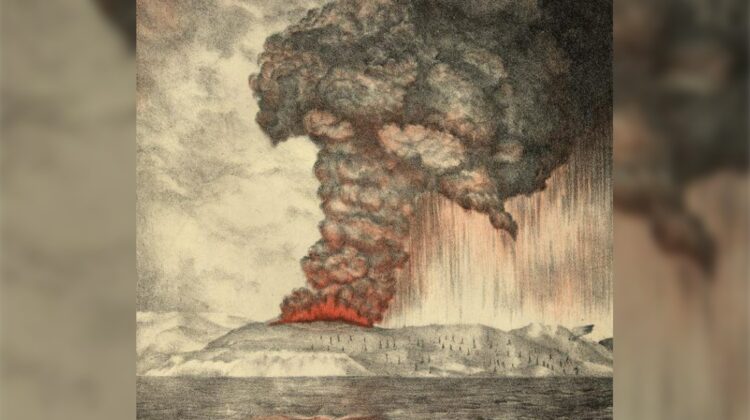
On August 27, 1883, the Indonesian island of Krakatoa was shattered by a volcanic eruption so powerful that it produced the loudest sound ever recorded in human history. The explosion, estimated to have been equivalent to 200 megatons of TNT, was so loud that it ruptured the eardrums of people 40 miles away, traveled around the world four times, and was clearly heard from 5,000 km away.
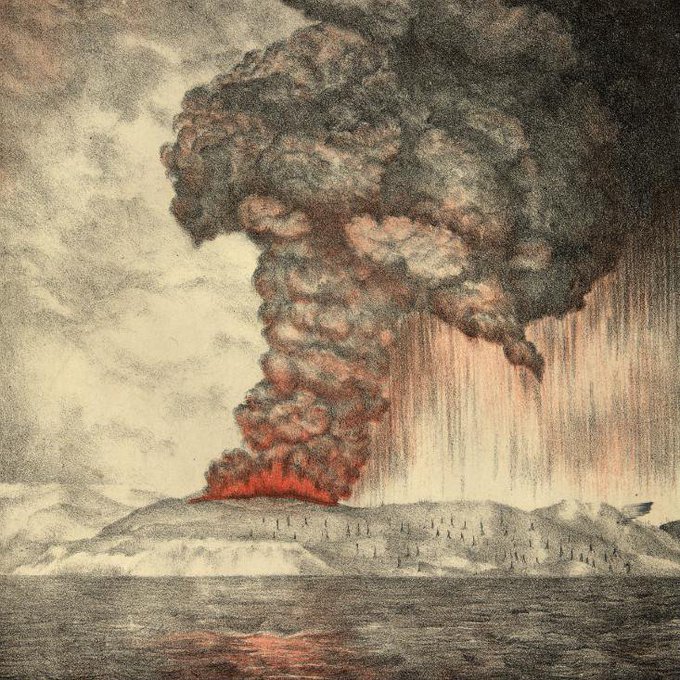
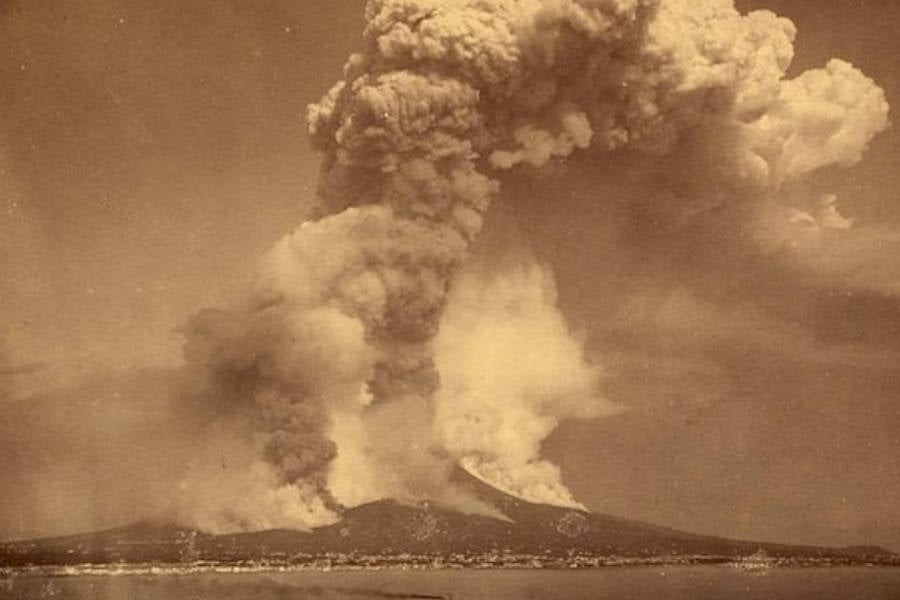
The Devastating Power of the Eruption
The Krakatoa eruption was one of the most violent volcanic events in recorded history. The explosion caused two-thirds of the island to collapse and generated a tsunami that reached heights of 30 meters (100 feet) in some areas. The tsunami waves traveled across the Indian Ocean and killed over 36,000 people.
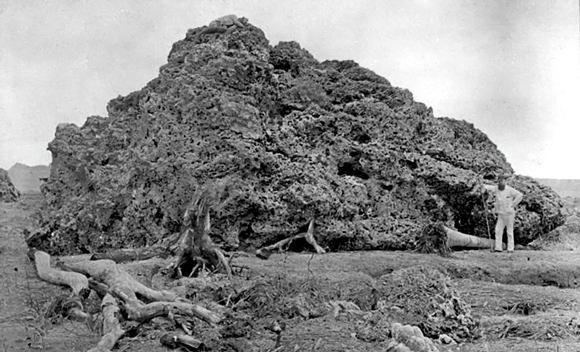
The Loudest Sound Ever Heard
The sound of the Krakatoa eruption was so loud that it was heard around the world. The sound waves traveled at a speed of over 1,000 kilometers per hour (621 miles per hour) and circled the globe four times before they finally dissipated.
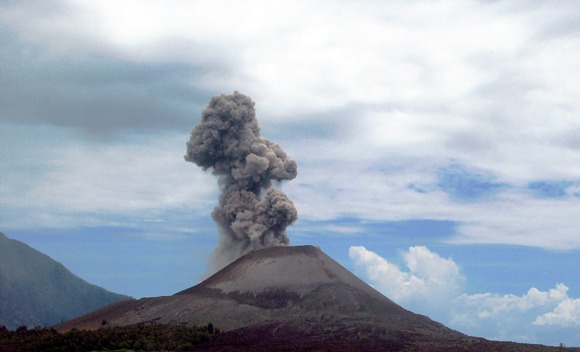
The eruption was so loud that it caused widespread damage to property and infrastructure. The sound waves shattered windows and doors, and even caused buildings to collapse. The eruption also caused widespread hearing loss and other health problems.
The Legacy of Krakatoa
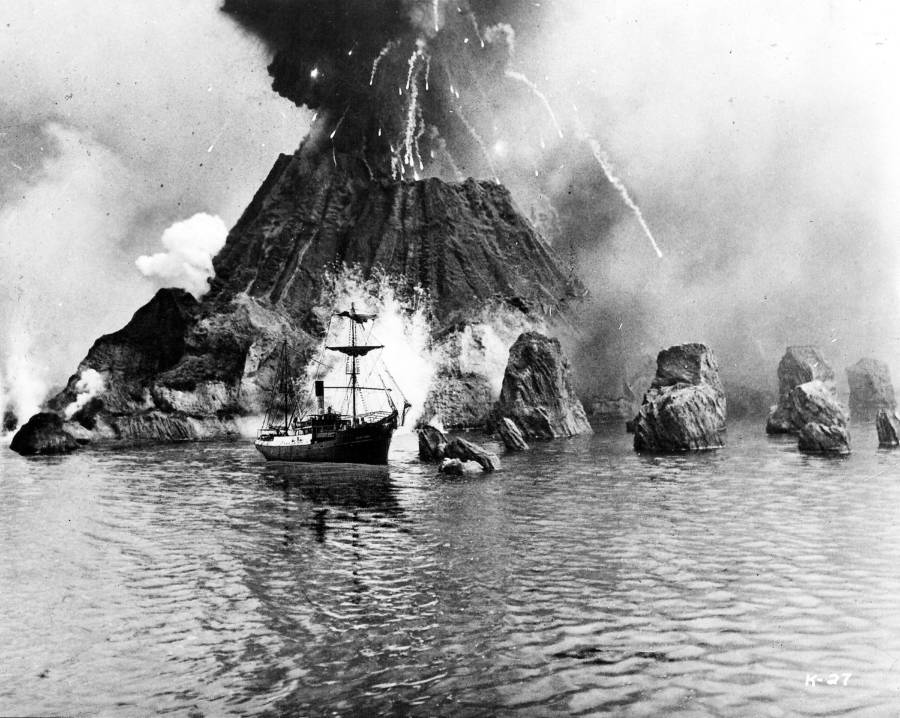
The Krakatoa eruption was a defining event in the history of volcanology. The eruption showed the world the immense power of volcanoes and the devastating impact they can have on human life. The eruption also led to a greater understanding of the nature of sound waves and their ability to travel long distances.
Today, Krakatoa is a popular tourist destination. The island is home to a variety of plant and animal life, and the remains of the volcano are a reminder of the power of nature.
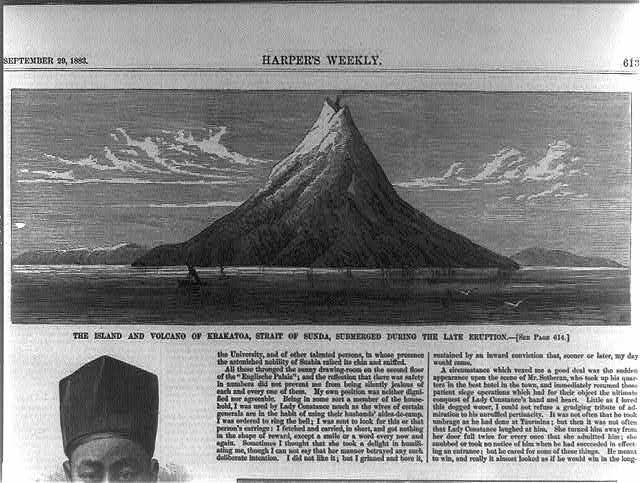
Additional Information
- The Krakatoa eruption was so loud that it was still heard three days after it occurred.
- The eruption generated shockwaves that traveled at a speed of over 3,000 kilometers per hour (1,864 miles per hour).
- The eruption caused ash to fall as far away as Europe and North America.
- The Krakatoa eruption is considered to be one of the most significant geological events of the 19th century.

Leave a Reply